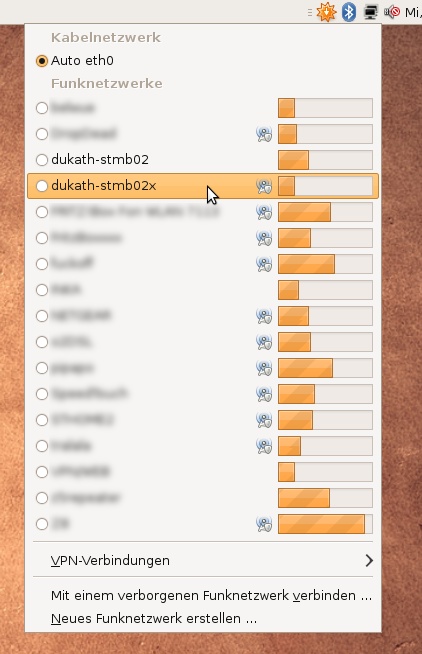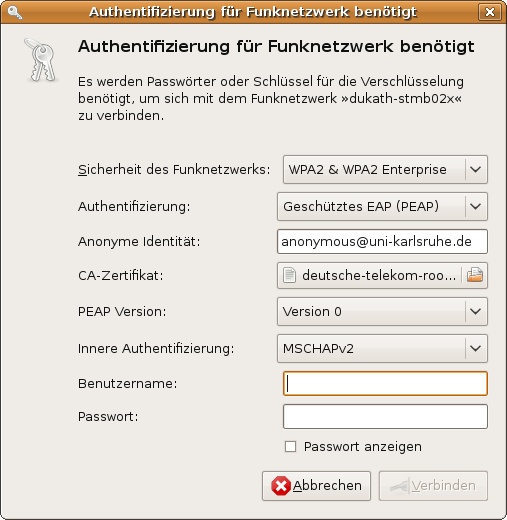With some trolling on a blog, some poor guy causes an incredible shitstorm that changed his life. That’s a story only the blogosphere can write. In this case, the German speaking blogosphere*.
- It all starts with astupid anonymous comment on a blog, concerning the authors weight.
- The author** grabs the commentors IP adress from the logs and posts the matching domain name, revealing that the commentor didn’t give his real name.
- The commentor has the balls (or is stupid enough) to reveil his real name and asks for absolution.
- Now, the author could have forgotten about the whole thing. Instead, he posts an open letter to the commentors employer (a PR agency) on his blog.
- Two days later, the employer raises his voice, announcing that the commentor will be fired.
52 inconsiderate words made the commentor unemployed and probably ruined his name on Google forever*
And this is where the real discussion starts. Don’t get me wrong, nobody likes trolls. And it’s unfair to pick on inferior people. In this case, inferior meaning the fit guy holding a degree in sports picking on an overweight guy. Trolls, let this be your warning.
Still, the consequences seem a bit harsh. As far as I understand the author wasn’t as much upset about the comment itself as about the fact that it was posted under a false name. But where do you draw the line between posting under a false name and posting anonymously? Sure, the mistake of the commentor was to specify a URL. Posting as John Smith is not the same as posting as John Smith, www.smith.com.
But if somebody is clueless enough to post such a comment from his workplace, can’t you assume that it didn’t come to his mind that somebody might think he really is, in fact, the one John Smith from Smith Consulting at smith.com? In dubio pro reo, I’d say the commentors intention was anonymity, not identity theft.
And this is where the pendulum swings back. Just as it is inappropriate for the athlete to pick on the fattie, it is inappropriate for the internet pro to hunt down the troll. Not feeding a troll is not the same as ruining his life.
(via)
* All links in German, sorry.
** Please excuse the whole author/commentor/JohnSmith thing, I didn’t want to make the Google bomb bigger stigmatize the commentor more than it he already is.



